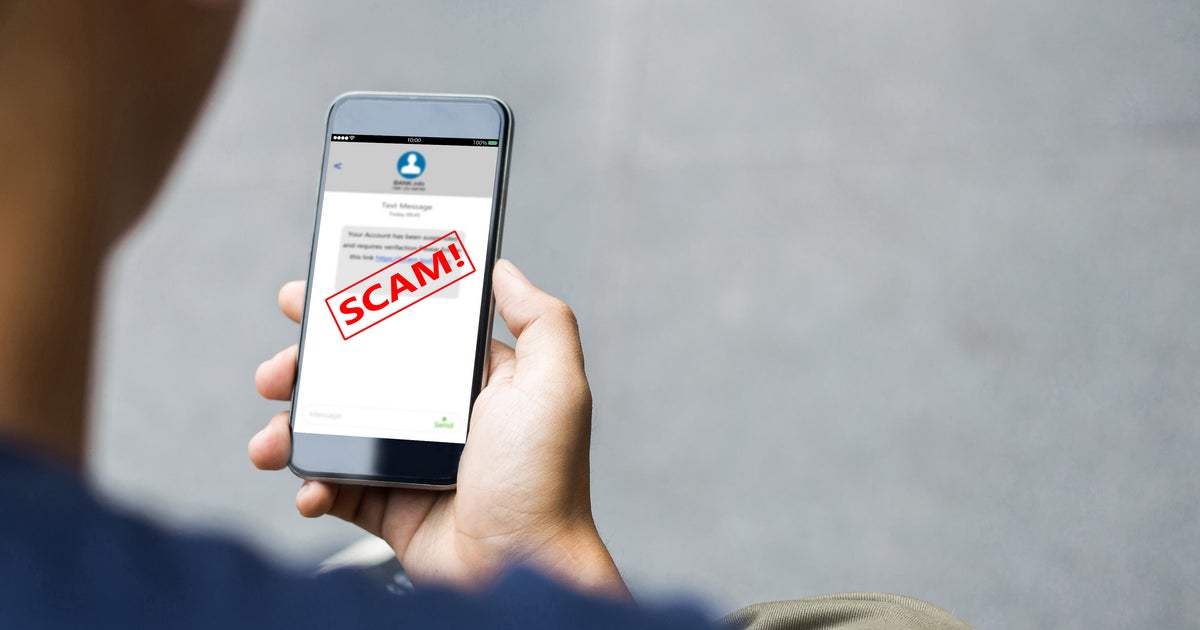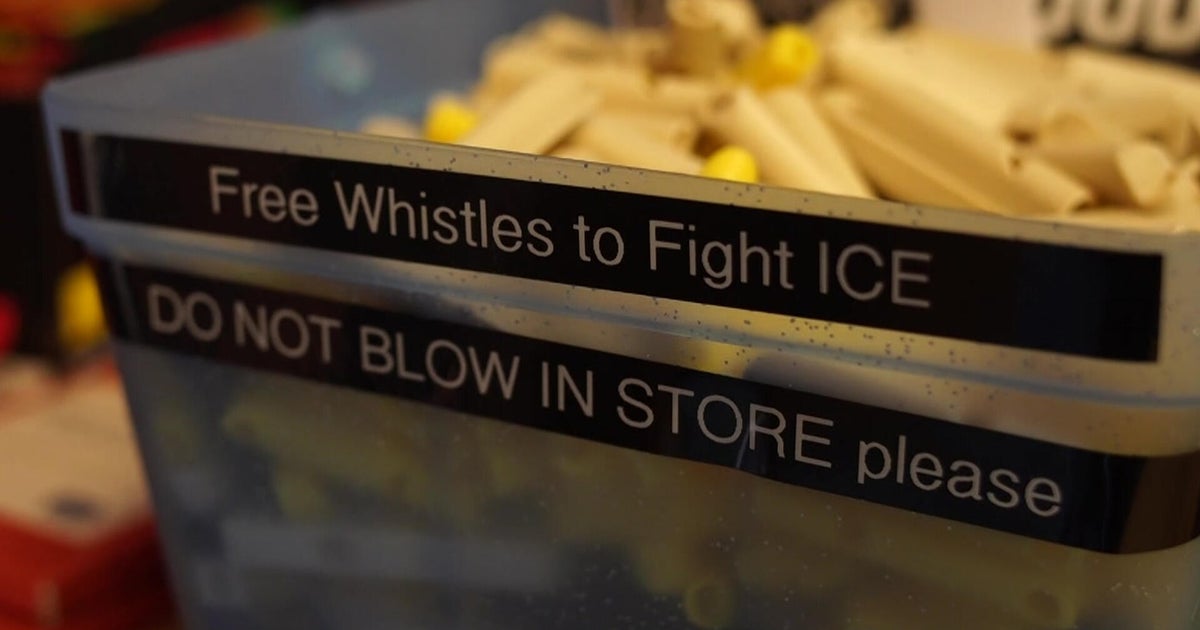Online blackmail scams are utilizing your public information. Here's how to spot the rising threat
More people than ever are reporting online scams. The FBI's Internet Crime Complaint Center received more than 880,000 complaints in 2023, which is a 10% increase over 2022.
One popular scam uses emails that threaten blackmail.
The emails read similar to, "You've been treading on thin ice with your browsing habits" or "I've got footage of you doing embarrassing things in your house."
These emails can seem real, and sometimes include a person's name, address and even a street view image of where they live.
"It's just personalized enough to make you stop … no matter how savvy you are, you're going to say, 'Wait a minute, is this real? Is this me?'" said Dan Ackerman, editor-in-chief of Micro Center News.
Detecting blackmail emails
A person usually isn't individually targeted, according to Ackerman. Scammers send out hundreds of thousands of emails from a database, combining pieces of information.
Here's what to look for in the email:
- Urgent deadline
- Awkward wording
- Generic language
"It never says what you've been doing in your house, on your webcams, on what devices. There's no specifics like that and that's how you know they're not real. They're usually not written very well," Ackerman said.
How to protect yourself
If you work for a company, follow their guidelines. Ackerman said on "CBS Mornings" that companies often offer protection, like digital authentication, filters to block spam or requirements to contact your IT department in these scenarios.
"If you're on a big provider like Gmail or Outlook, they have a lot of filtering built in. A lot of the spam emails don't reach you, but if they do, then with just a click or two on the email you can report it," Ackerman said. "You can block it. You can report it as phishing. Report it as spam."
If you do get what could be a blackmail email:
- Don't reply
- Don't pay any money
- Report the email
"None of these blackmail scams are legitimate," Ackerman said. "If they had something on you, they would give you a screen grab of a shot from inside your house or some detail about yourself and your life that's not just publicly available."







